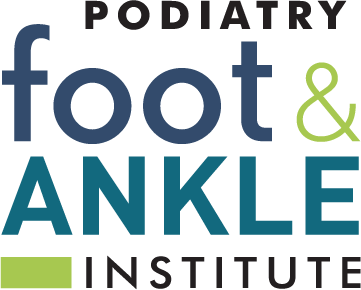Three Risk Factors for Bunions
Have you ever wondered if you’re at risk for developing bunions? If you haven’t, consider yourself lucky!
Nearly 23% of individuals ranging from ages 18 to 65 will develop bunions in their big toes. After 65 years of age, that statistic becomes almost 35%. As a condition, bunions are often seen as an inevitable life event when we grow old. This is similar to how arthritis is often seen as an inevitable fact of aging. Thankfully, this isn’t always the case! While arthritis and bunions do commonly occur in older populations, it can be difficult (but not impossible) to avoid developing them.
Considering the statistics, many folks who end up with bunions have developed them due to genetic inheritance. This means that someone in their family has a history of bunion development in their genetics, resulting in bunions becoming hereditary to those down their family line. If your father and your grandfather have bunions, it’s likely you’re going to be vulnerable to developing bunions too - which is why it’s so important to start prevention early! What should we look out for to know if we’re at risk of developing bunions in our feet?
Your choice of shoes: when it comes to avoiding bunion development, you want to stay far away from shoes that are snug or fit tightly. While high-heels are often targeted as the number one bunion producing shoes, you can just as easily develop bunions wearing steel-toed boots that are too snug!
Developing arthritis: even if you don’t have bunions, developing arthritis can sometimes result in the secondhand development of bunions. This is because arthritis causes inflammation and loss of joint mobility, which can trigger the bones of our big toes to deform and develop bunions.
Your family history: take a long look at the feet in your family - does anything seem off? What sort of foot problems do they have? If more than two people in your family have developed bunions, it’s possible you’re genetically predisposed to bunion development as well.
Don’t let bunions get you down. You can get help preventing, slowing, or treating the development of bunions simply by consulting with our Podiatrists who are Bunion Specialists. Podiatry Foot and Ankle Institute offices are conveniently located in Hackensack, Fort Lee and Montvale, NJ. Contact us to schedule an appointment


